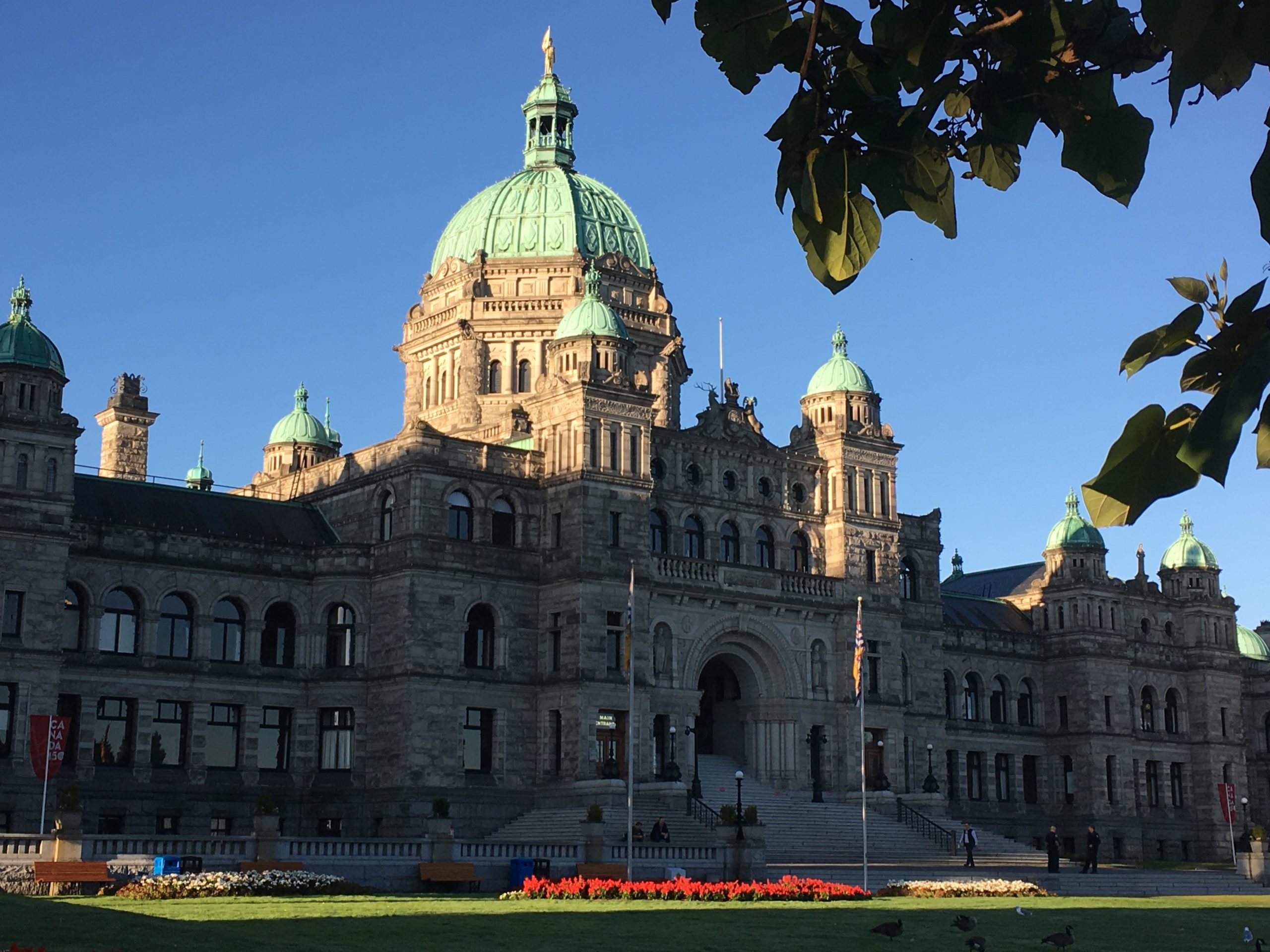The following, co-authored by ICBA Chief Economist Jock Finlayson and Business Council of British Columbia Chief Economist Ken Peacock, first appeared in Business in Vancouver on Aug. 23, 2024.
The B.C. economy is flagging. Business investment is falling, job creation is the weakest in modern times, real per capita income is dropping, and people are moving out of the province in record numbers.
Earlier this month, Statistics Canada’s Labour Force Survey confirmed more bad news about the province’s labour market. Total employment in B.C. fell 10,300 from June, a sizable monthly 0.4 per cent decline. This follows a loss of 9,700 net positions in June and 7,900 in May.
The recent downturn in employment is concerning. Even more worrisome is that the B.C. labour market has been weak since 2019, with the private sector generating very few jobs in the last half-decade. Over the same period public sector employment skyrocketed by one-third, a massive gain that was enough to lift overall employment.
Since early 2019 private sector jobs in B.C. have advanced a paltry 19,500. This figure is a mere rounding error compared to Alberta, where private sector payrolls have surged by 217,000 over the same period. Five years of virtually no net private sector job creation is unprecedented in B.C. Moreover, our province stands alone in the federation in this regard: the other nine provinces have all posted decent increases in private sector payroll jobs, even as such jobs have languished here.
Net interprovincial migration is a bellwether indicator of relative economic conditions. For B.C., it has turned sharply negative, as people come to view job opportunities and housing costs in other provinces in a more positive light. Normally B.C. attracts people from other parts of Canada. But recent years have brought a shift to a net outflow – one that’s now approaching record levels.
Something is clearly amiss. Policy makers need to recognize that the current tax, fiscal and regulatory climate in B.C. is dampening business investment and job creation and hurting household well-being. It is not a coincidence that since the NDP instituted the Employer Health Tax – adding more than $500 million to annual payroll costs – private sector employment has essentially flatlined. Personal income taxes have increased for higher income earners, the B.C. corporate income tax rate was hiked, property taxes have marched higher, and the sales tax was extended to included digital services. Jack Mintz, one of Canada’s leading fiscal and tax policy experts, calculates that the per person taxes levied by the B.C. government have risen by 20 per cent since 2017, after adjusting for inflation. Bigger government has not birthed a healthier economy.
Even with the tax increases and record revenue windfalls the government enjoyed in 2021-22 and 2022-23, the Eby government is still planning on running the biggest deficit in B.C.’s history – and the largest of any province measured as a share of GDP. The economic malaise, rapid spending growth, and soaring government debt have led to B.C. suffering three credit downgrades since 2021.
Despite the acute financial pain many households are feeling and the fiscal disaster now unfolding in Victoria, the NDP is pressing ahead with policies that are certain to aggravate B.C.’s economic woes. The government’s own analysis shows its CleanBC 2030 plan will curtail economic growth and result in total provincial income being $28.1 billion lower than it otherwise would be by 2030. Two thirds of the income loss will fall on households in the form of lower wages, salaries and benefits.
Similarly, the policy and legal frameworks the government is advancing affecting land use and access to natural resources promise to have an even greater negative impact on capital investment. The province has done little to explain the planned changes in legislation touching on conservation, access to resources, and Indigenous rights to industry or voters. In the case of the Land Act changes shelved a few months back, the government provided zero substantive guidance on what the proposed overhaul would look like, which set the stage for a vocal public backlash. The NDP government’s actions on the land base are fostering widespread uncertainty for the mineral exploration, forestry, energy, agri-food, and recreational tourism industries and prompting some businesses to redirect investment to other jurisdictions.
Considering that many B.C. households are struggling to make ends meet, the economy is sputtering, and B.C. is falling behind other provinces on metrics of well-being, it is perplexing to see the NDP government doubling down on policies that are sure to prompt a further exodus of capital, talent, and high value business activity in the coming years.

